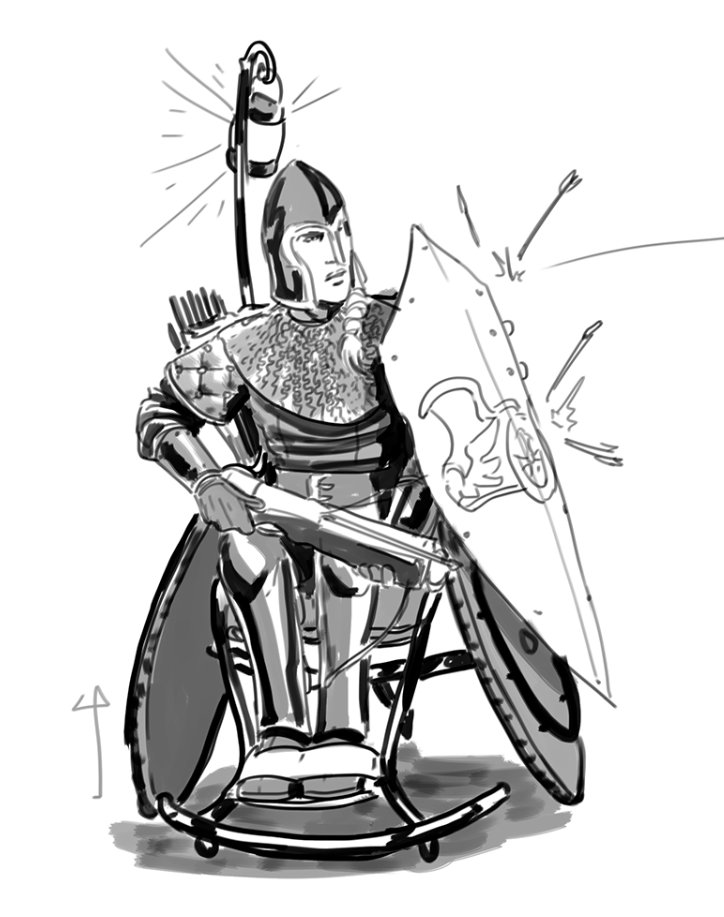
Geralt of Rivia & the Importance of Disabled Protagonists
A Thread.
Geralt of Rivia is disabled.
That statement always surprises people, even fans of the series. But it's true. It's just that people only remember how Geralt is shown in- 1/20

A Thread.
Geralt of Rivia is disabled.
That statement always surprises people, even fans of the series. But it's true. It's just that people only remember how Geralt is shown in- 1/20
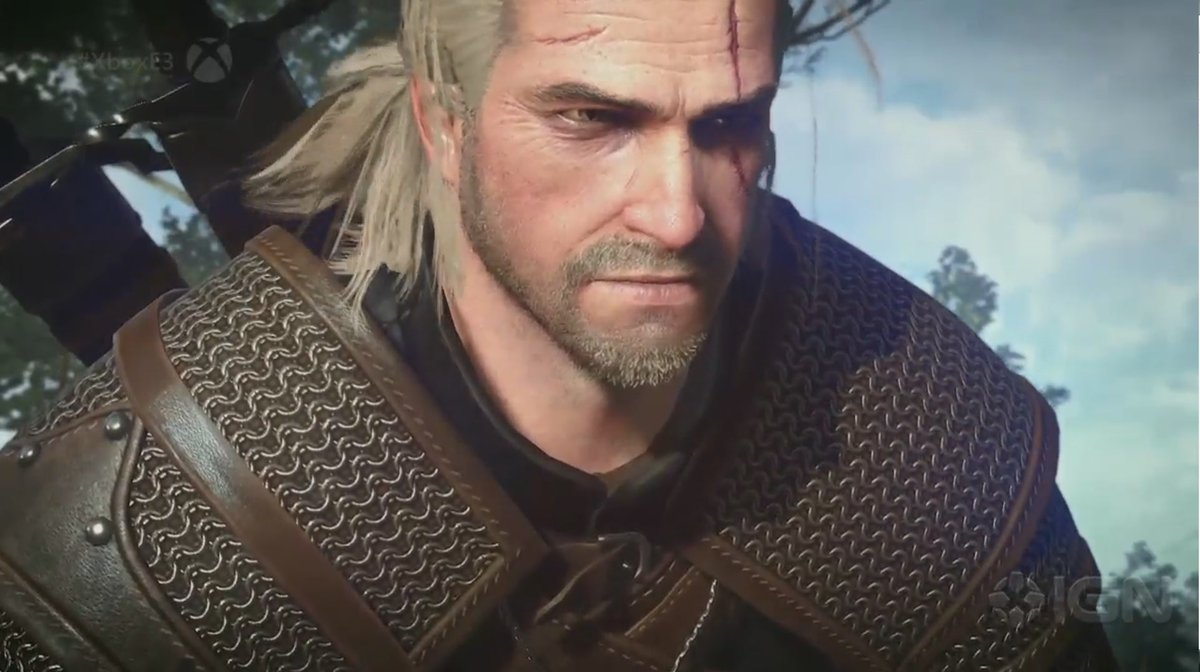
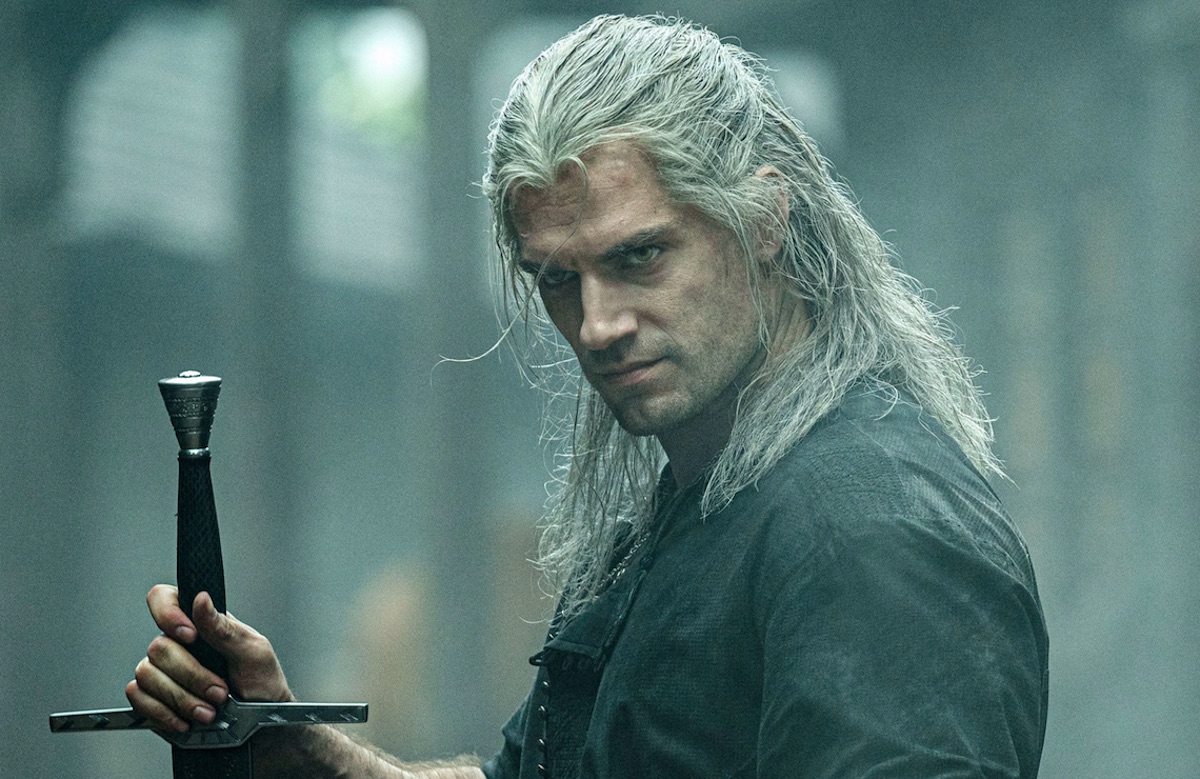
the CDPR videogames - a grizzled but able-bodied monster hunter - without realising that CDPR removed that disability.
'It's only a disability, it's not that important' you may say, but it's actually VERY important. Geralt becomes disabled shortly towards the end of novel- 2/20
'It's only a disability, it's not that important' you may say, but it's actually VERY important. Geralt becomes disabled shortly towards the end of novel- 2/20
Time of Contempt after taking a severe injury that shatters his elbow and his thighbone and leaves him screaming in agony and delirious until the Dryads help him.
'But he was healed by the Waters of Brokilon!' I hear you book fans decry and you're right, Geralt was healed- 3/20
'But he was healed by the Waters of Brokilon!' I hear you book fans decry and you're right, Geralt was healed- 3/20
in Brokilon Forest by its magical waters, but the healing doesn't negate or lessen his disability. In fact, after healing, Geralt finds a lot of the things he used to do has become more difficult.
He complains of severe aches and pains in his sword arm (specifically the- 4/20
He complains of severe aches and pains in his sword arm (specifically the- 4/20
elbow) and his leg (specifically about the knee and sometimes his hip) throughout the books after Time of Contempt and onwards. It affects his gait, causing him to walk with a limp that increases in severity depending on the weather. He finds that riding Roach for long- 5/20
periods is very uncomfortable. He is restless sitting down because suddenly his knee will seize and needs to stand up again to stretch it out. Sometimes the pain is so bad he drops his sword because his elbow can't take the impact, and he can't always fight in the typical- 6/20
Wolf School sword style (it involves a lot of pirouettes) because of his knee and hip.
In Baptism of Fire, we get the first clear address of Geralt's condition in a conversation between him and Regis (pics below). Regis explains that Geralt's body has- 7/20

In Baptism of Fire, we get the first clear address of Geralt's condition in a conversation between him and Regis (pics below). Regis explains that Geralt's body has- 7/20
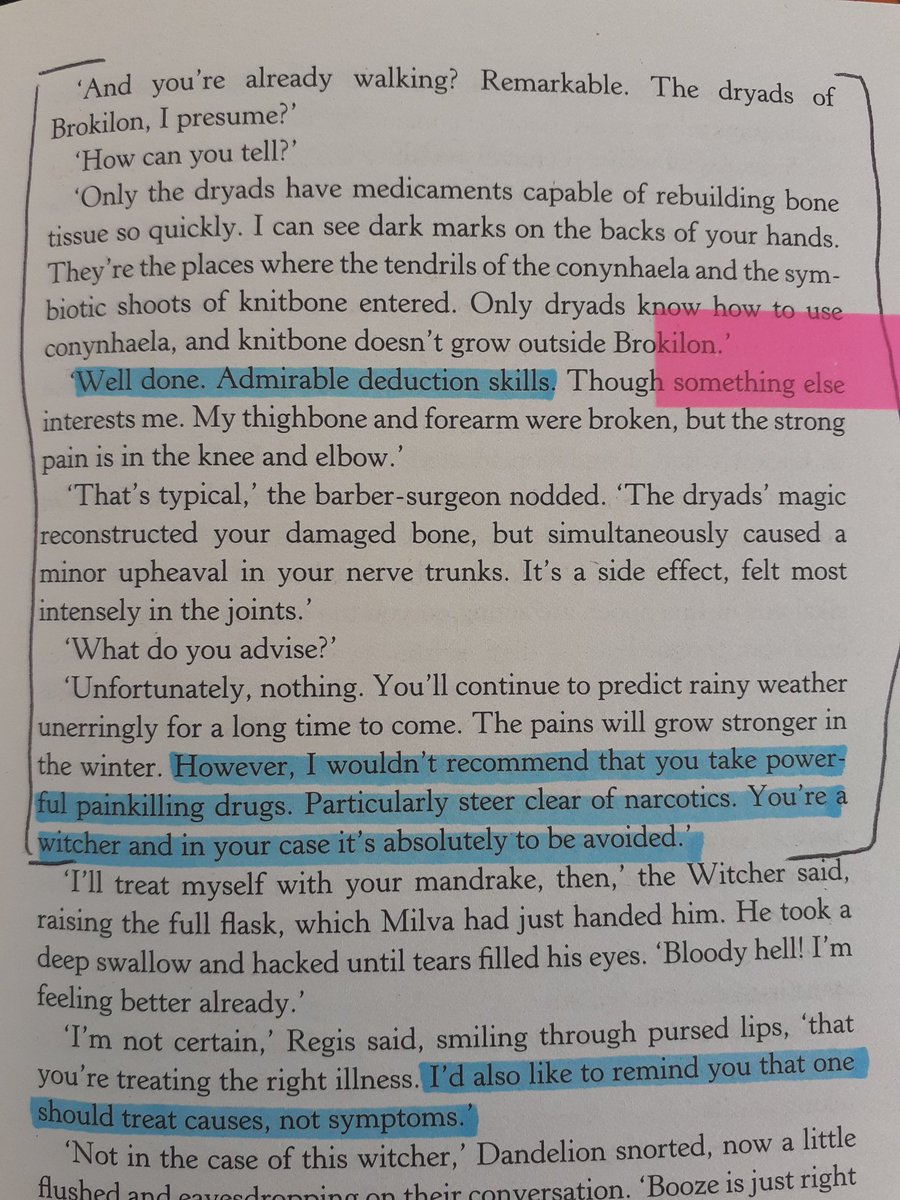
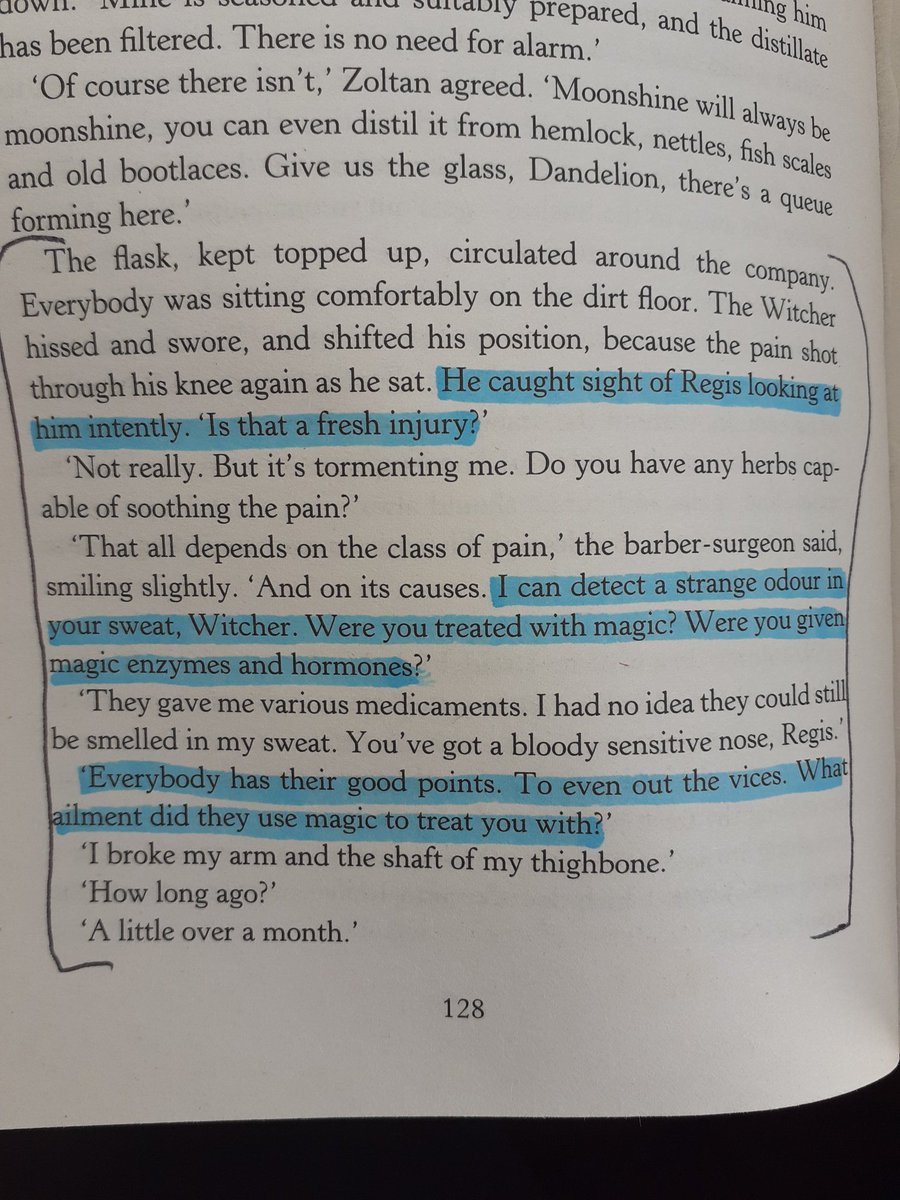
experienced a complete upheaval of the nervous system and everything is out of alignment now despite the broken bones having healed.
This is an accurate portrayal of not only chronic pain from lasting injuries, but also nerve damage and arthritis (particularly- 8/20
This is an accurate portrayal of not only chronic pain from lasting injuries, but also nerve damage and arthritis (particularly- 8/20
osteoarthritis).
Why is it important that Geralt is disabled?
It adds a lot to Geralt as a character and a protagonist. When you think about Geralt of Rivia, you think about a strong and capable (if sometimes reluctant) hero. 9/20
Why is it important that Geralt is disabled?
It adds a lot to Geralt as a character and a protagonist. When you think about Geralt of Rivia, you think about a strong and capable (if sometimes reluctant) hero. 9/20
That isn't something you see very often in fantasy novels or the genre as a whole and as someone whose disabilities include osteoarthritis and nerve damage, it meant the world to see someone like me be a famed and powerful monster hunter. When Geralt becomes disabled- 10/20
he isn't portrayed as his life 'suddenly being over', he is still just as capable and strong and learns to compensate his sword fighting techniques to work *with* his disability.
When I read the novels, I saw a lot of myself in Geralt because he had some of the same- 11/20
When I read the novels, I saw a lot of myself in Geralt because he had some of the same- 11/20
disabilities as me and it meant an awful lot to see a character I admired going through the same things I was. He'd get angry/frustrated with his disability, the pain would sometimes be too much for him... these were all my lived experiences too.
Geralt becoming disabled- 12/20
Geralt becoming disabled- 12/20
and dealing with the frustration, the pain, and eventually coming to terms with it helped me, a disabled reader, come to terms with my own disability.
Geralt isn't treated like his life is suddenly 'over' because of his disability and his friends don't treat him as any- 13/20
Geralt isn't treated like his life is suddenly 'over' because of his disability and his friends don't treat him as any- 13/20
lesser for it. In fact, *he* was the one pushing his friends away out of his own frustrations with himself. Him coming to terms with and accepting his own disability helped me accept my own, helped me realise that I shouldn't be pushing away the people who cared about me. 14/20
It's so very important that disabled heroes/protagonists exist, and it was hurtful to see CDPR just take that out of the games even though the games occur after Geralt becoming disabled. A part of Geralt I loved and resonated with on a very deep and personal level was- 15/20
taken in exchange for two brief throw away lines where Geralt can sense the weather changes (a trait of arthritic folks).
I understand the whole 'but it wouldn't fit into the game design' argument - a truly trashy excuse for disability erasure, btw - but they so easily- 16/20
I understand the whole 'but it wouldn't fit into the game design' argument - a truly trashy excuse for disability erasure, btw - but they so easily- 16/20
could've designed his armour sets to include an elbow and a knee support/brace. The Witcher is set in pseudo-medieval Western Europe (particularly on lands that would later become Poland and unified Germany) and joint supports and braces did exist then (pictured below)! 17/20 
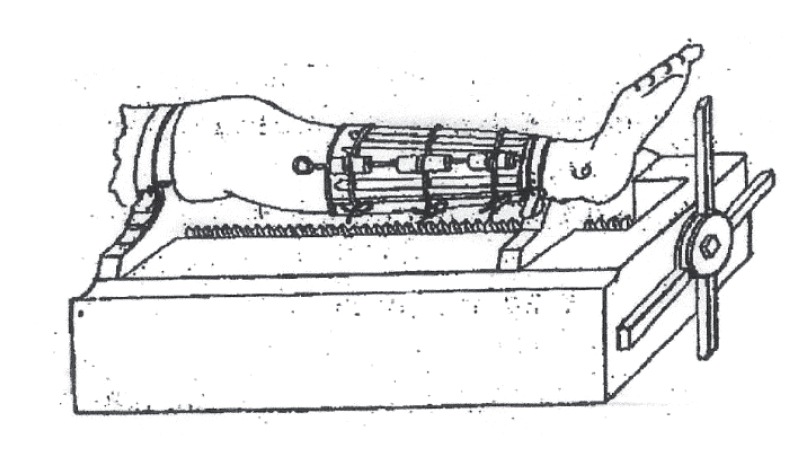
It's so very important that media normalises disabled heroes/protagonists and stops erasing the disabilities of those who were already established as being disabled. It's damaging.
There are disabled people out there who, like me, need someone like Geralt of Rivia to- 18/20
There are disabled people out there who, like me, need someone like Geralt of Rivia to- 18/20
relate to, to remind them that their experiences are valued and that they aren't going through them alone.
I truly hope that when the time comes in the story, @witchernetflix, @LHissrich and Henry Cavill don't make the same mistake CDPR made. 19/20
I truly hope that when the time comes in the story, @witchernetflix, @LHissrich and Henry Cavill don't make the same mistake CDPR made. 19/20
Geralt of Rivia is disabled and a hero and it's important we don't erase that part of him.
/end.
/end.
(And if the Witcher TV show gang are ever looking for an experienced disability consultant with the same disabilities as Geralt, I'm more than happy to offer my services!)
If you enjoyed this thread, here are 2 more!
Darth Maul & Disabled Villains:
Cyberpunk and (lack of) Disability:
Darth Maul & Disabled Villains:
https://twitter.com/mustangsart/status/1324840329644789761?s=20
Cyberpunk and (lack of) Disability:
https://twitter.com/mustangsart/status/1325393784117596160?s=20
Also! I work on the official The Witcher Pen and Paper tabletop rpg (#ttrpg) published by @RTalsorianGames! Check it out!
• • •
Missing some Tweet in this thread? You can try to
force a refresh


